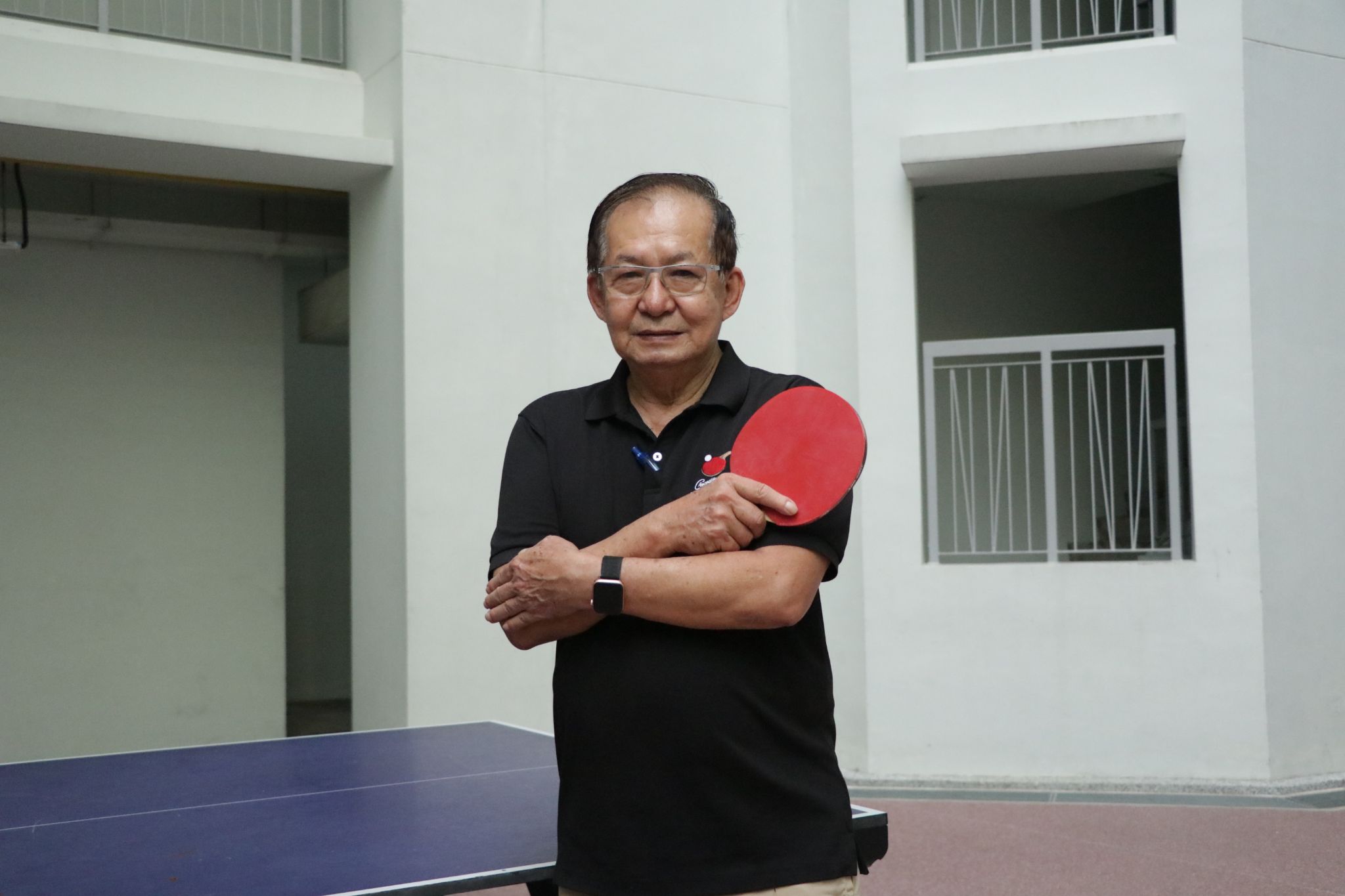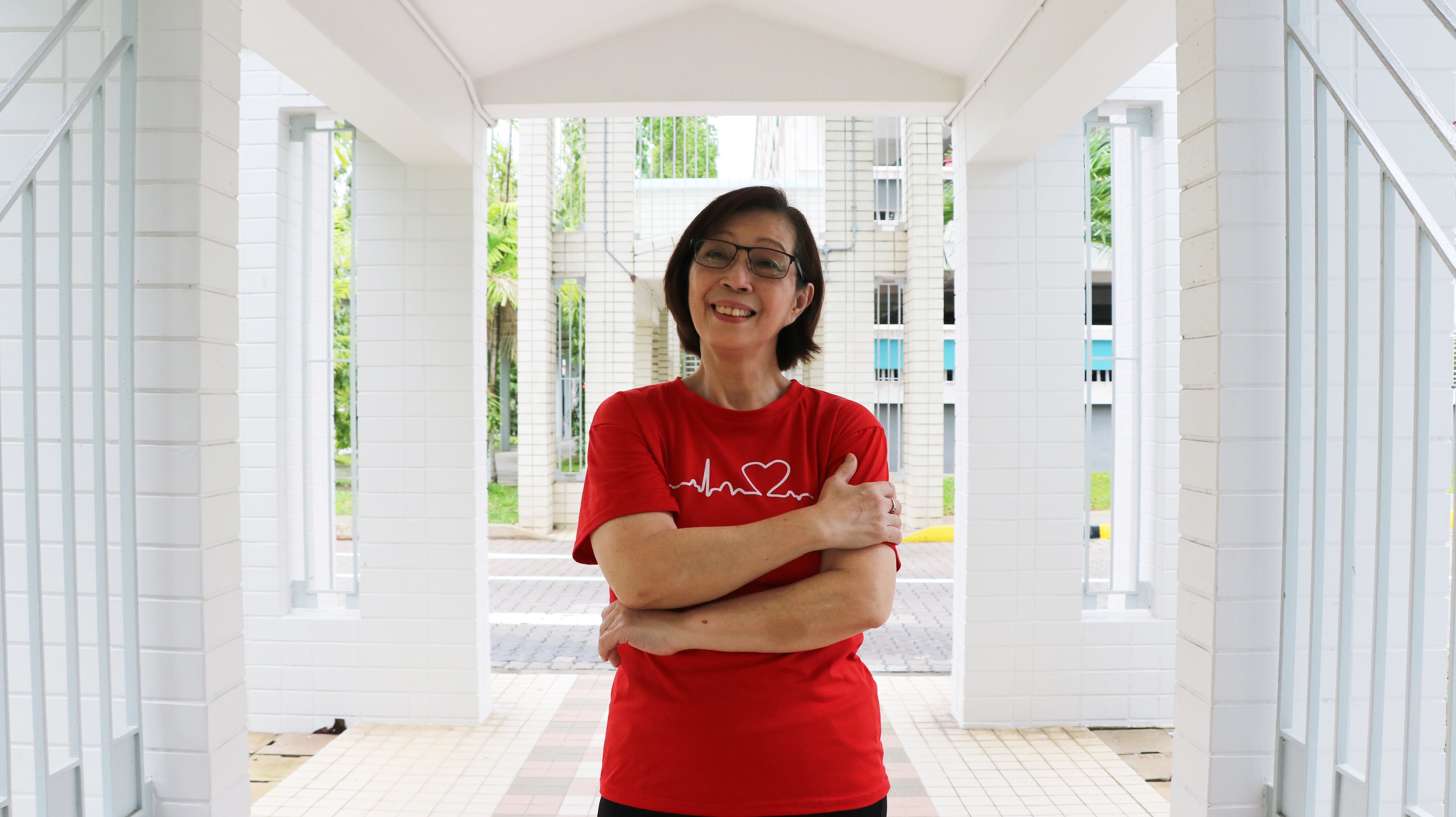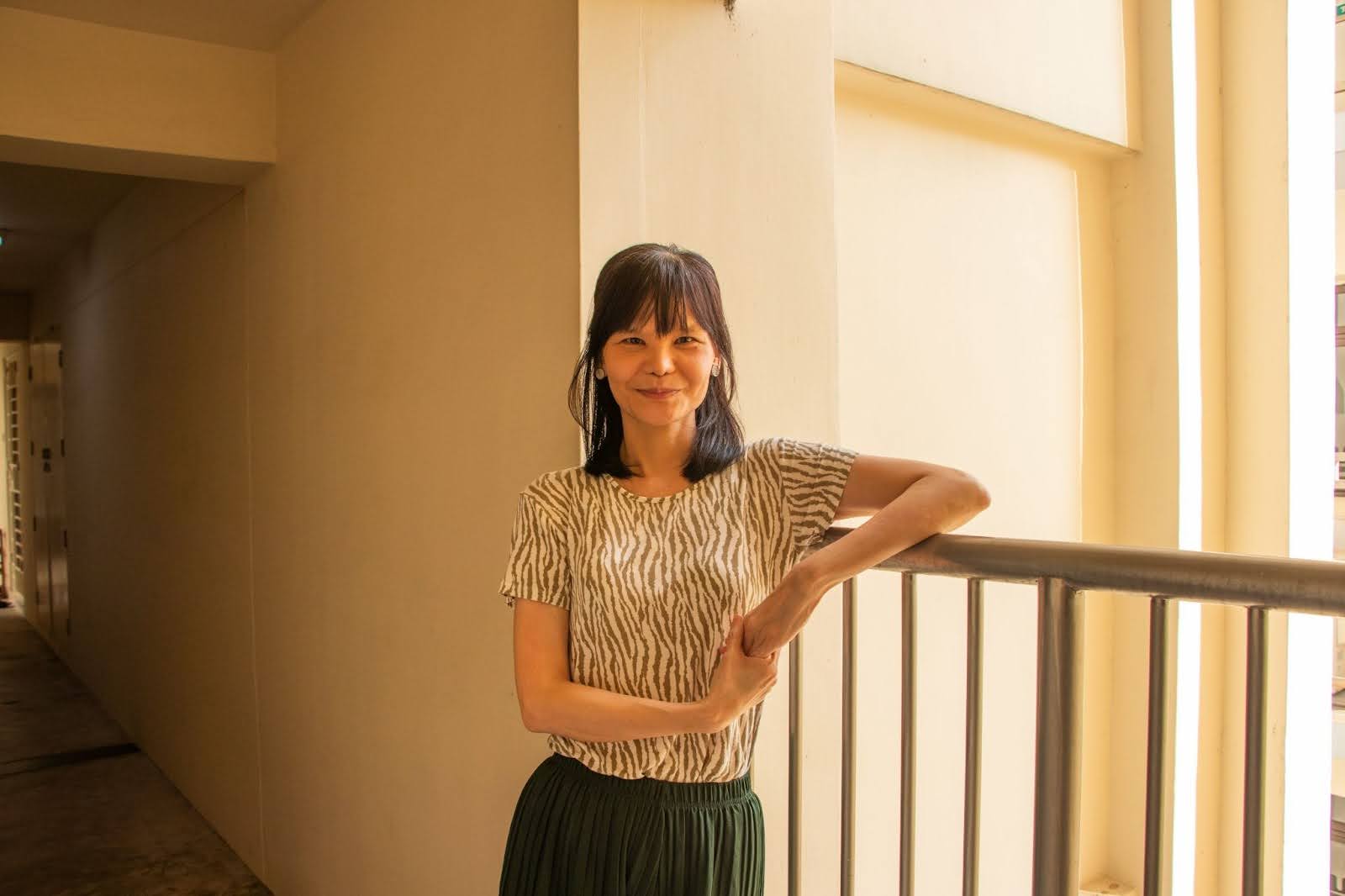Taking care of an elderly loved one with health conditions can be a fulfilling yet challenging commitment. The constant effort can put physical and emotional stress on the caregiver over the long term. To avoid burnout, caregivers can opt for respite care - a temporary relief from their caregiving duties.
In Singapore, there are three respite options available to caregivers:
- Respite option at a senior care centre
- Respite option at a nursing home
- Respite option at night for sundowning patients
Any of these options may be relevant to you, depending on your needs, such as the time of the day when you need respite, the duration of care, as well as the health condition of your loved one.
Respite option at a Senior Care Centre

Who is it for?
Caregivers of seniors who need assistance with activities of daily living and/or supervision, during the day.
What is it?
A day care option at senior care centres, where the seniors will take part in social activities ranging from simple exercises, games to karaoke sessions. Professional staff will also help your loved one with his/her personal care needs such as eating and toileting.
Availability?
Weekdays and weekends (at selected centres), ranging from a few hours, to the whole day.
How does it help caregivers?
Provides time for you to attend to your personal matters, or a short break from your caregiving role.
Subsidies?
If your per capita household means-test income is $2,600 and below, you may qualify for subsidies.
How to apply?
Download, fill and submit the application form to AIC at least seven working days before the intended date of admission. A pre-admission assessment will be conducted to allow the centre to better understand the needs of you and your loved one. View the list of care centres and get your application form here.
Respite option at a nursing home
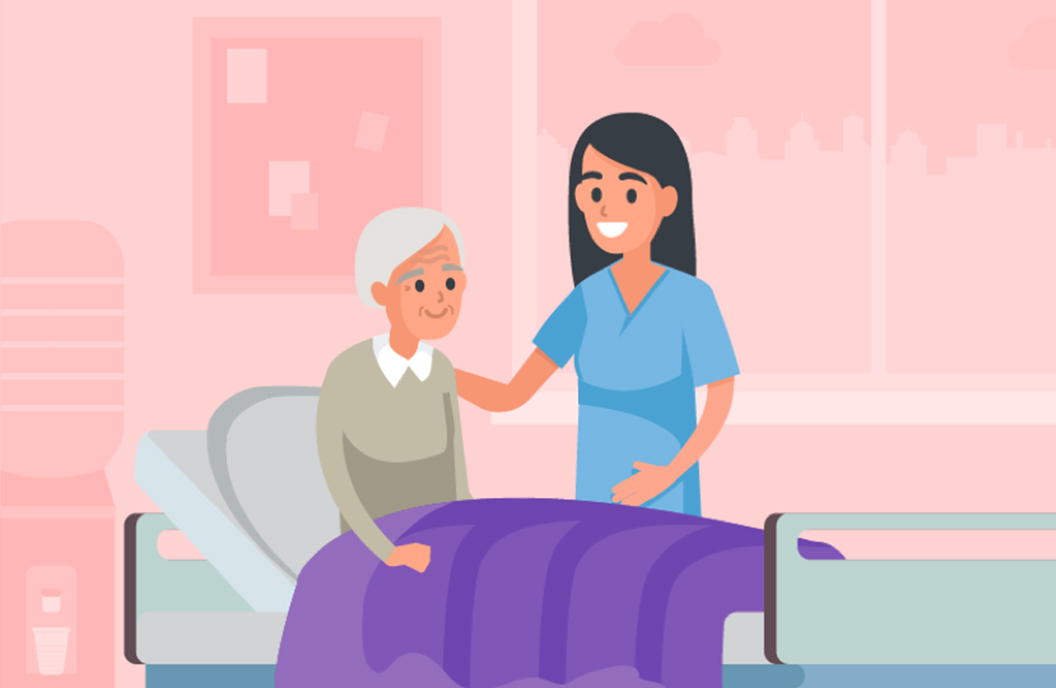
Who is it for?
Caregivers of seniors with high care needs due to diseases e.g. dementia, and family members or caregivers are unable to manage at home. A discharge care plan must be prepared for when the respite care period ends. This is not a suitable option for seniors with urgent medical conditions.
What is it?
A bed-and-board option where the seniors will be staying in a nursing home and get help with personal care needs as well as nursing care.
Availability?
A minimum of seven days per stay and up to 30 days a year.
How does it help caregivers?
Provides an extended break from your caregiving role, or a temporary relief when your foreign domestic helper is on home leave.
Subsidies?
If your per capita household means-test income is $2,600 and below, you may qualify for subsidies.
How to apply?
Approach any AIC Link in government hospitals or nursing home for assistance. You can locate your nearest nursing home using AIC's E-care locator. You will also need a copy of your loved one’s Medical Report and chest X-ray result. The report should be dated no earlier than six months from the intended date of admission. Applications for subsidised respite care will need to be submitted at least four weeks before the admission date.
Night respite care
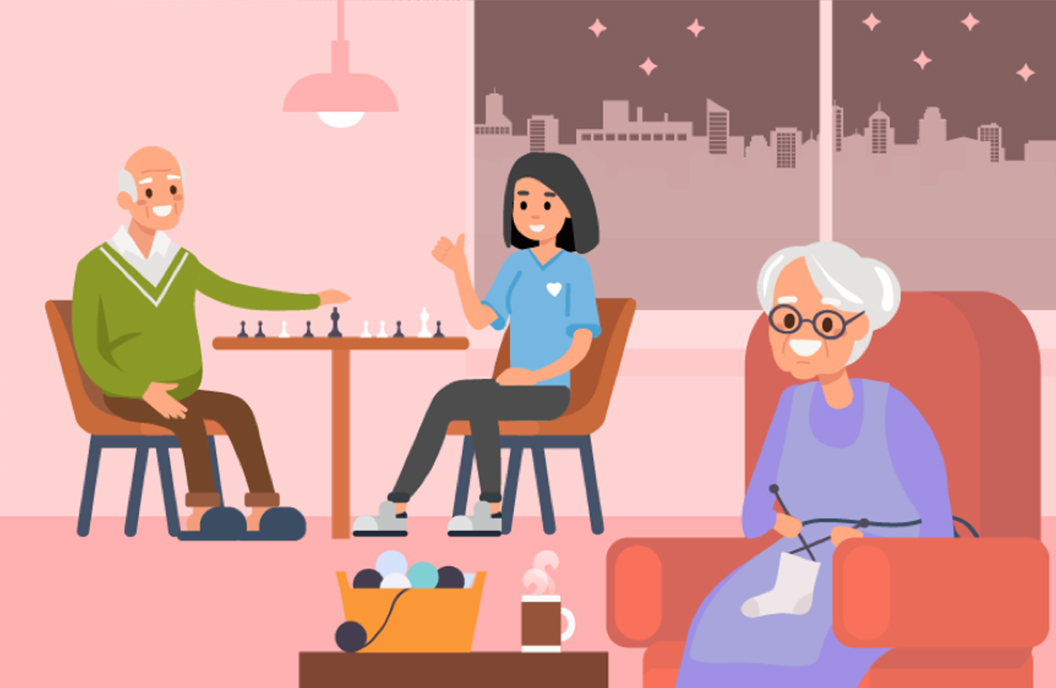
Who is it for?
Caregivers of persons with dementia, who experience behavioural and sleep issues at night, also known as sundowning behaviour.
What is it?
An overnight respite option, for caregivers of persons with dementia. Sundowning behaviour is when a person with dementia experiences behavioural difficulties towards the end of the day. The overnight respite care will help these persons with their Activities of Daily Living as well as engage them meaningfully.
Availability?
Overnight, from 7pm to 7am, between Mondays and Saturdays.
How does it help caregivers?
Night respite gives caregivers some time off from night-time caregiving duties.
Subsidies?
Prices will vary according to the provider, but it will cost an estimate of $80-$130 per night (without/with transport), before subsidy.
If your per capita household means-test income is $2,600 and below, you may qualify for subsidies.
How to apply?
Fill out the Night Respite Service Application Package and submit it to [email protected].
Upon receiving the application, the centre provider will arrange for an appointment to better understand the care needs of both the caregiver and the person with dementia. At the same time, it gives the caregiver a better understanding of the provider’s requirements pre-admission. The final admission will be subjected to the provider’s availability.
Learn more about night respite care with these two Straits Times articles:
- Greater support for caregivers, seniors
- Caregivers hope night respite scheme will be dream come true
Whether you are a new or a long-term caregiver for your loved one, you can use the care services available in your community. When you take breaks to recharge, you may find yourself reinvigorated to focus on your caregiving responsibility. By letting go some of the caregiving duties, you can connect with your loved one on a deeper level.



